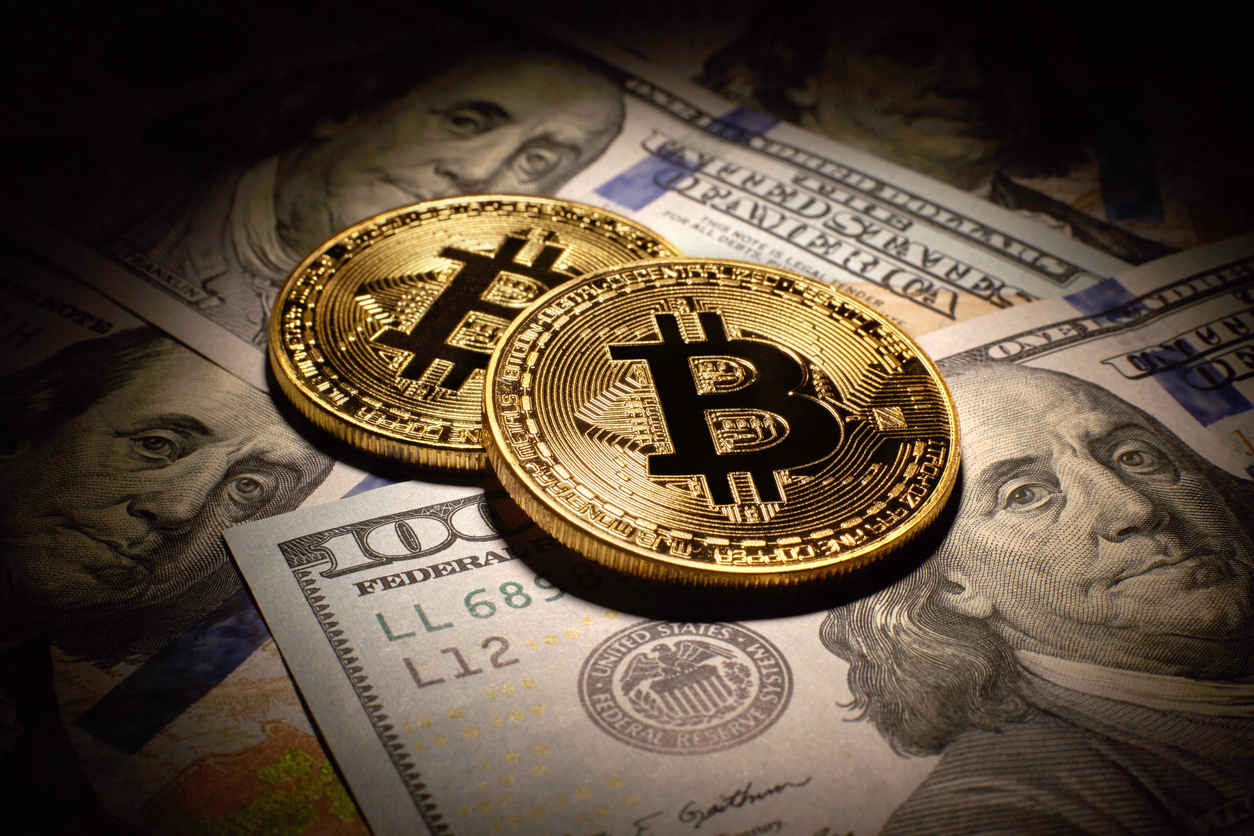ARTICLE AD
The FSC notes that some NFTs may lose their uniqueness and behave more like cryptocurrencies, with new guidelines highlighting specific traits that could subject them to crypto-like regulations.
South Korea’s growing digital asset market is getting a dose of regulatory clarity. On June 10, 2024, the Financial Services Commission (FSC), the top financial regulator, issued new guidelines for non-fungible tokens (NFTs). These guidelines aim to distinguish NFTs from traditional cryptocurrencies.
The FSC’s guidelines focus on the fungibility. Fungible assets, like regular cryptocurrencies, are interchangeable units with the same value. NFTs, however, are usually unique digital ownership certificates for specific digital assets. The FSC notes that some NFTs might lose their uniqueness and act more like cryptocurrencies.
Mass-produced NFTs under Scrutiny
The new guidelines highlight specific traits that might subject NFTs to crypto-like regulations. First, if a large number of identical NFTs are created, they could be regulated more strictly. Second, if non-fungible tokens can be easily traded and exchanged like cryptocurrencies, they might also face tougher rules.
The ability to split an NFT into smaller ownership units is another concern for regulators. Lastly, non-fungible tokens used as payment for goods and services are likely to be treated as crypto assets.
However, NFTs that maintain unique features, like limited edition artwork or concert tickets, will face lighter regulations. These “true” NFTs, which have limited transferability and minimal economic value, will be treated differently from those that are more like cryptocurrencies.
The regulatory body recognizes the challenge in classifying NFTs. A spokesperson stated that each NFT will be reviewed individually to determine its regulatory status. This approach aims to address the diverse nature of non-fungible tokens without applying a single rule to all.
A Broader Regulatory Framework
South Korea is about to introduce a new law called the “Virtual Asset User Protection Act”, which will start on July 19, 2024. This law is designed to prevent illegal activities in the crypto market, like insider trading, market manipulation, and fraud.
The law requires cryptocurrency service providers to follow strict user protection rules. They must store at least 80% of user deposits in secure, offline locations and have insurance to protect against security breaches.
Along with new guidelines, this law marks an important step in creating a strong regulatory framework for South Korea’s growing digital asset market. This dual approach aims to encourage innovation and protect investors while reducing risks related to cryptocurrencies and certain NFTs.
As South Korea develops the second part of the regulation, which focuses on token issuance and investor disclosure, the country is set to become a global leader in digital asset governance.

 7 months ago
45
7 months ago
45 

